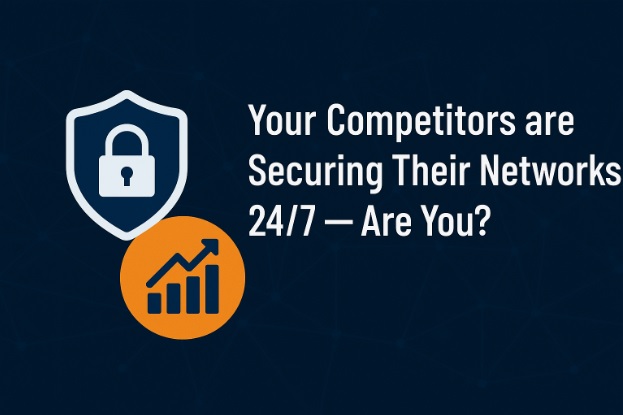Ponemon Institute’s 2018 State of Endpoint Security Risk report shows that most organizations’ endpoints have been hacked and the cost of a breach is going through the roof. Although endpoint security problems are no secret, the outlook remains bleak. Few organizations have deployed solutions that can stop these attacks, and most lack the expertise to properly manage their security tools.
Almost two-thirds (64 percent) of IT security professionals report that their organization experienced one or more endpoint attacks that exposed their data or compromised infrastructure, up from 54 percent the year prior. The average cost of an endpoint-related data breach? $7.1 million, an increase of more than 40 percent from the year prior. The total cost of a breach includes downtime, lost productivity, lost or stolen data assets, and damage to the IT infrastructure. Organizations must also deal with the potential fallout of lawsuits and compliance violations, which can hurt their public perception.
Another 63 percent of respondents said the frequency of attacks has increased during the past 12 months, while 70 percent believe new threats have significantly increased. These unknown threats are four times as likely to cause a security breach. Not surprisingly, 79 percent of compromised organizations said successful attacks were indeed carried out by unknown, zero-day threats, compared to just 19 percent that involved known threats.
Although organizations are facing an increasingly dangerous threat landscape, just 40 percent of respondents say they have ample resources to minimize endpoint risk. Twenty-nine percent believe their signature-based antivirus solutions are capable of stopping new, unknown threats. The problem is, unknown threats don’t have signatures, making traditional antivirus tools useless against zero-day threats.
Another reason for the increase in successful attacks is the ineffectiveness of antivirus products. On average, respondents believe their current antivirus tools are missing 57 percent of attacks. Fifty-eight percent of those using a traditional antivirus solution said the biggest challenge is the high number of alerts and false positives, while 41 percent pointed to deployment and management complexity.
Poor patch management also increases risks. The average patch time is 102 days, and 43 percent of respondents say they have to take their time with patch management to assess the impact on performance and avoid any other issues.
The situation is so bad that, on average, survey respondents believe slightly more than half of all endpoint attacks can’t be stopped at all.
Because of a combination of ineffective security tools and a lack of in-house expertise, many smaller organizations are outsourcing some or all security responsibilities to managed service providers (MSPs). An MSP can help you implement, manage and update security solutions that close the gaps left by legacy tools. Software patches and updates are tested and deployed quickly without performance disruption. An MSP also monitors your IT environment to detect suspicious activity that would indicate the presence of a threat.
ICG helps protect your endpoints through 24×7 monitoring and response, patch management, and a layered security approach that includes advanced antivirus, spyware protection, password protection, breach protection, and endpoint detection and remediation. We take many of our customers a step further with Microsoft remote desktops that are hosted in ICG’s secure cloud and protected with multifactor authentication.
Our experts can sit down with you to determine the best strategy for preventing endpoint cyberattacks. Contact us to schedule a confidential consultation.
.png)




